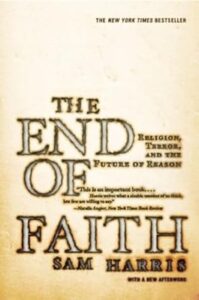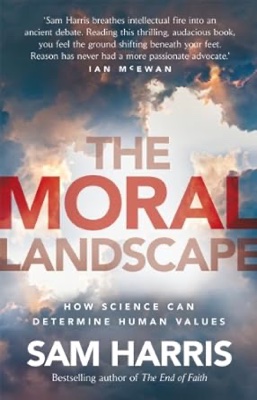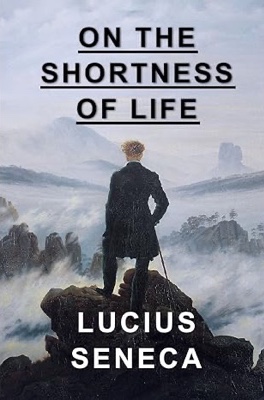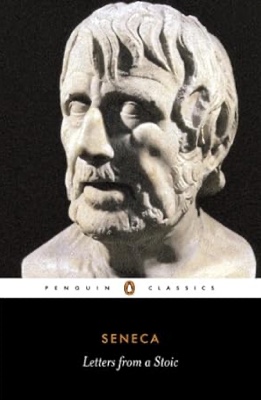 “The End of Faith: Religion, Terror, and the Future of Reason” by Sam Harris is a provocative analysis of the clash between faith and reason in the modern world. Published in 2004, this book critically examines the role of religion in society and its impact on global conflicts. Harris, a neuroscientist and philosopher, argues that blind faith and religious fundamentalism are incompatible with the values of a modern, rational society and pose a significant threat to human civilization.
“The End of Faith: Religion, Terror, and the Future of Reason” by Sam Harris is a provocative analysis of the clash between faith and reason in the modern world. Published in 2004, this book critically examines the role of religion in society and its impact on global conflicts. Harris, a neuroscientist and philosopher, argues that blind faith and religious fundamentalism are incompatible with the values of a modern, rational society and pose a significant threat to human civilization.
Harris’s central thesis is that religious belief can no longer be seen as merely a personal spiritual journey but must be scrutinized for its impact on public life and policy. He suggests that the tolerance of religious beliefs, even those that are inherently irrational or destructive, is a dangerous concession that can lead to extremism and violence. Harris explores the connection between religion and various forms of violence, including terrorism, arguing that religious dogma often provides justification for acts that would otherwise be universally condemned.
“The End of Faith” also delves into the conflict between reason and faith, suggesting that the progress of human knowledge and science inevitably challenges the foundations of religious belief. Harris advocates for a world where questions of morality and meaning are answered through rational discourse and scientific inquiry, rather than religious doctrine.
Furthermore, Harris discusses the possibilities for spirituality without religion, suggesting that awe, wonder, and ethics do not require a belief in a supernatural deity. He argues for a form of spirituality grounded in human experience and interconnectedness, one that celebrates the mystery of existence without retreating to unfounded beliefs.
Controversial yet insightful, “The End of Faith” calls for an honest conversation about the role of religion in modern society and its compatibility with the principles of reason and evidence-based understanding. It is a compelling plea for a future where human conflicts are resolved through dialogue and reason, rather than faith and dogma.





